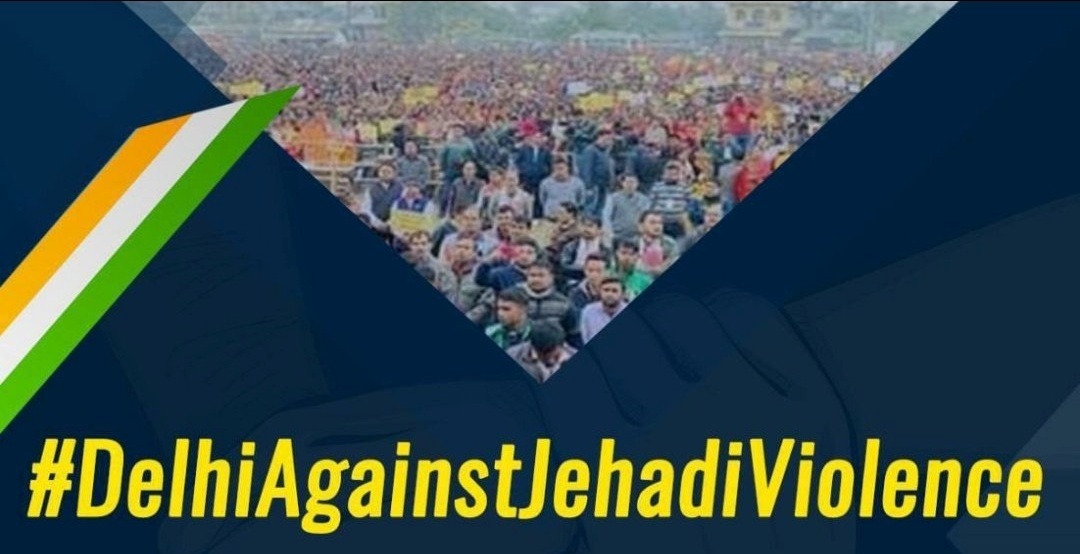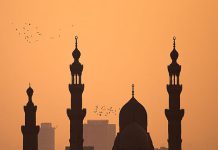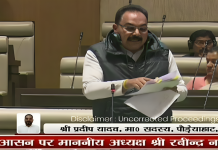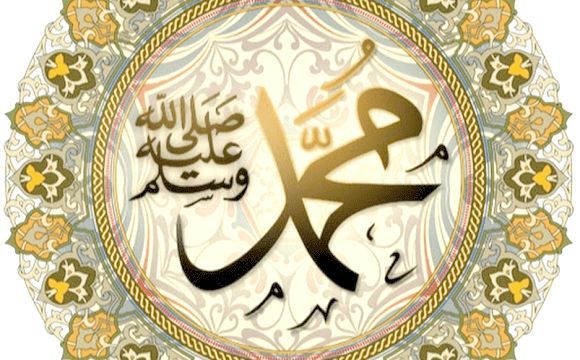
Twitter in India is supposed to be became the hub of anti-Muslim sentiments, once again demonstrating a scornful attitude towards Muslims, disparaging the community, religious beliefs and its followers. Right now, #DelhiAgainstJehadiViolence hashtag has been trending on Twitter in India for almost 5 hours. Twitter continues amplifying posts from users that are blatantly bigoted and brazenly hate speech which is a flagrant violation of the laws. While Delhi has been engulfed in riots and violence, hate speech seems to be unabated in social media platforms especially in Twitter. In India, since Modi government came into office in 2014, violence against Muslims and Dalits, hate speech are spiked drastically. The language of exclusion, intimidating, threats of violence and marginalisation have crept into media coverage, prime-time debate and online platforms. As a result of these, Muslim Community are facing problematic levels of intolerance – including rising Islamophobia as well as the hatred.
Previously the hashtag #मुस्लिमो_का_संपूर्ण_बहिष्कार (Total boycott of Muslims) became a top trend aftermath of the murder of Kamlesh Tiwari, the 45-year-old leader of ultra-Right outfit Hindu Samaj Party. Same pattern is recurring again, #DelhiAgainstJehadiViolence is accumulating tweets from trolls, self-proclaimed Hindutva bhakts, pro-Right users and even some BJP leaders. It started trending on twitter when people under the banner of “Delhi Peace Forum” came out in large numbers and gathered at the Jantar Mantar honouring the sacrifice of Delhi Head Constable Ratan Lal, and IB officer Ankit Sharma who got matryed in Delhi Riots.
This is, however, not the first outright expression of hate against Muslims, a couple of months ago, Twitter hashtag like ‘#ProphetisGay’ and ‘#BoycottAllah’ were trending, tweets were homophobic and Islamophobic in nature and also blatantly bigoted.
The word “Hate Speech” is defined by the United Nations as, “any kind of communication in speech, writing or behaviour, that attacks or uses pejorative or discriminatory language with reference to a person or a group on the basis of who they are, in other words, based on their religion, ethnicity, nationality, race, colour, descent, gender or other identity factor.”
Countering and Preventing Hate Speech
KAICIID is an intergovernmental organization whose mandate is to promote the use of dialogue globally to prevent and resolve conflict to enhance understanding and cooperation. It believes hate speech requires a coordinated response from religious leaders, policymakers, journalists and the general public – both to address the main drivers of hate speech and to provide a coordinated response which upholds the fundamental rights and inclusion of all communities and individuals. While government authorities have the primary responsibility to prevent incitement and protect their people from atrocity crimes, it is up to everyone to stop hate speech and the violence it enables and encourages.
According to KAICIID, there are many ways to counter and prevent hate speech. These include:
1. Raising awareness through community-held trainings or educating friends and family on the dangers of discrimination and intolerance
2. Reporting social media posts which spread rumours or misinformation
3. Boosting positive messages of peace and tolerance on social media and online platforms
4. Supporting individuals or groups who are targeted by hate speech and encouraging policymakers to take action against discriminatory language or policies
5. Hosting workshops on conflict sensitive journalism in order to help journalists develop the ethical capacities to identify sources of conflict, and to report news fairly and accurately
6. Forming early warning and early response committees at the national and local levels to monitor hate speech and other forms of incitement to violence
Md Irshad Ayub, English Editor at Millat Times and Delhi-based Freelance Journalist.
















